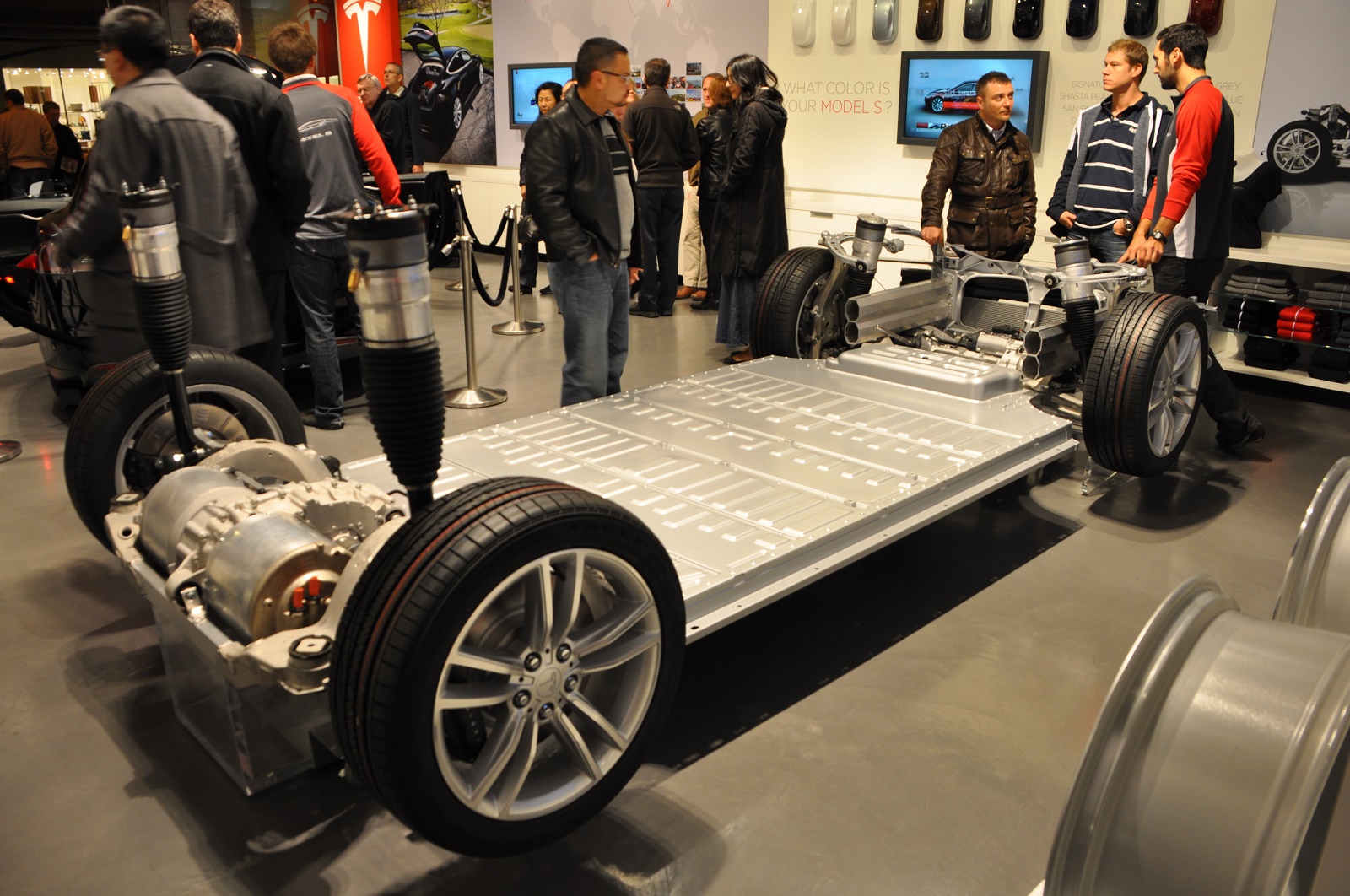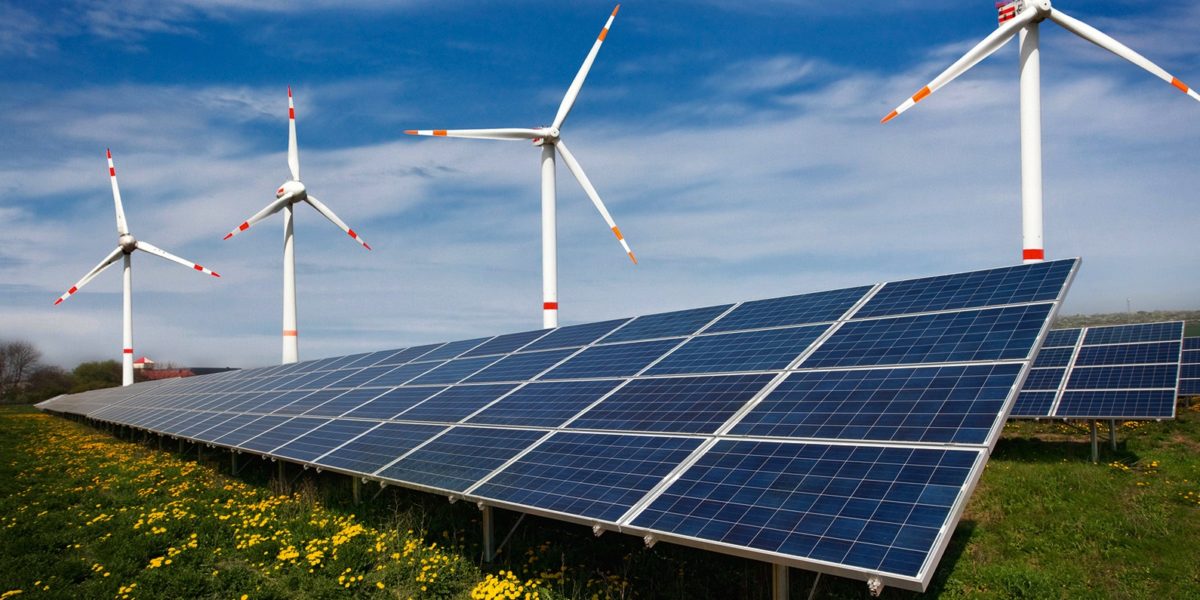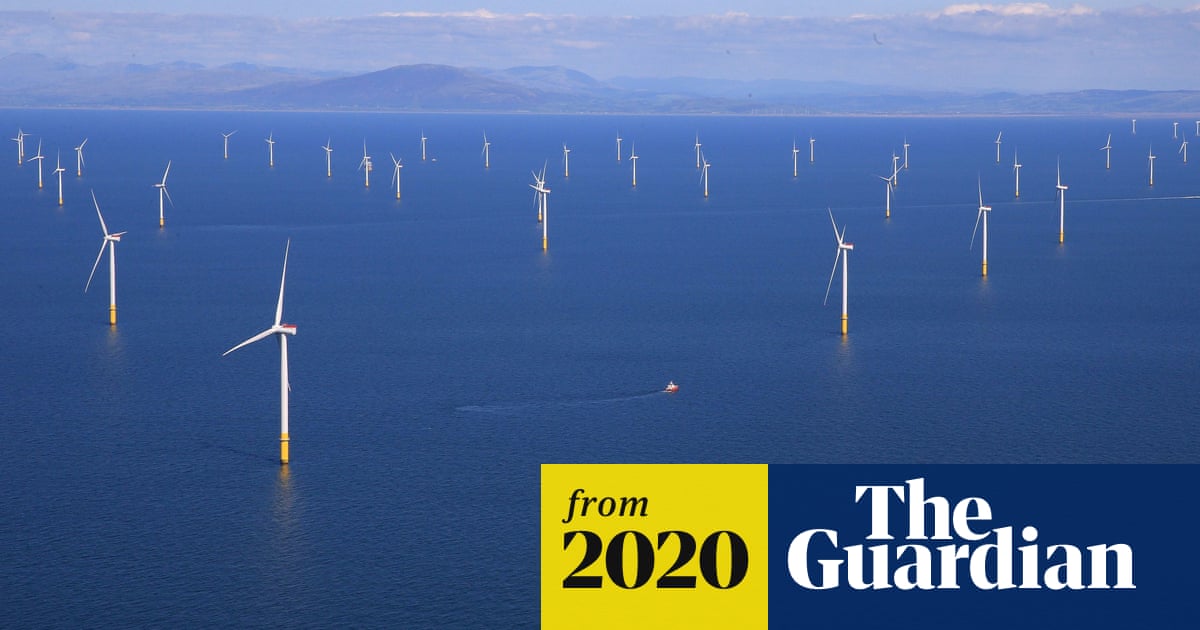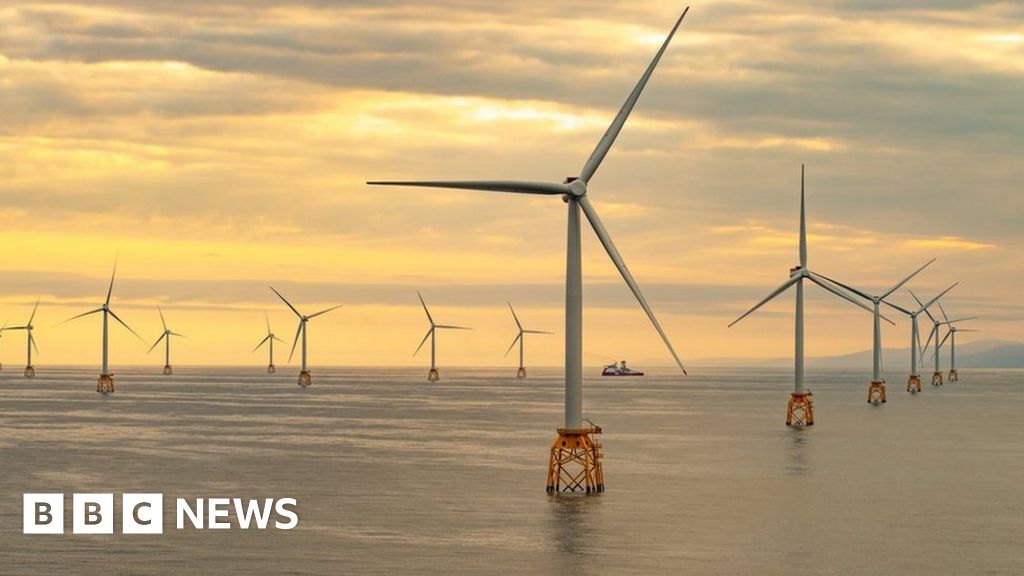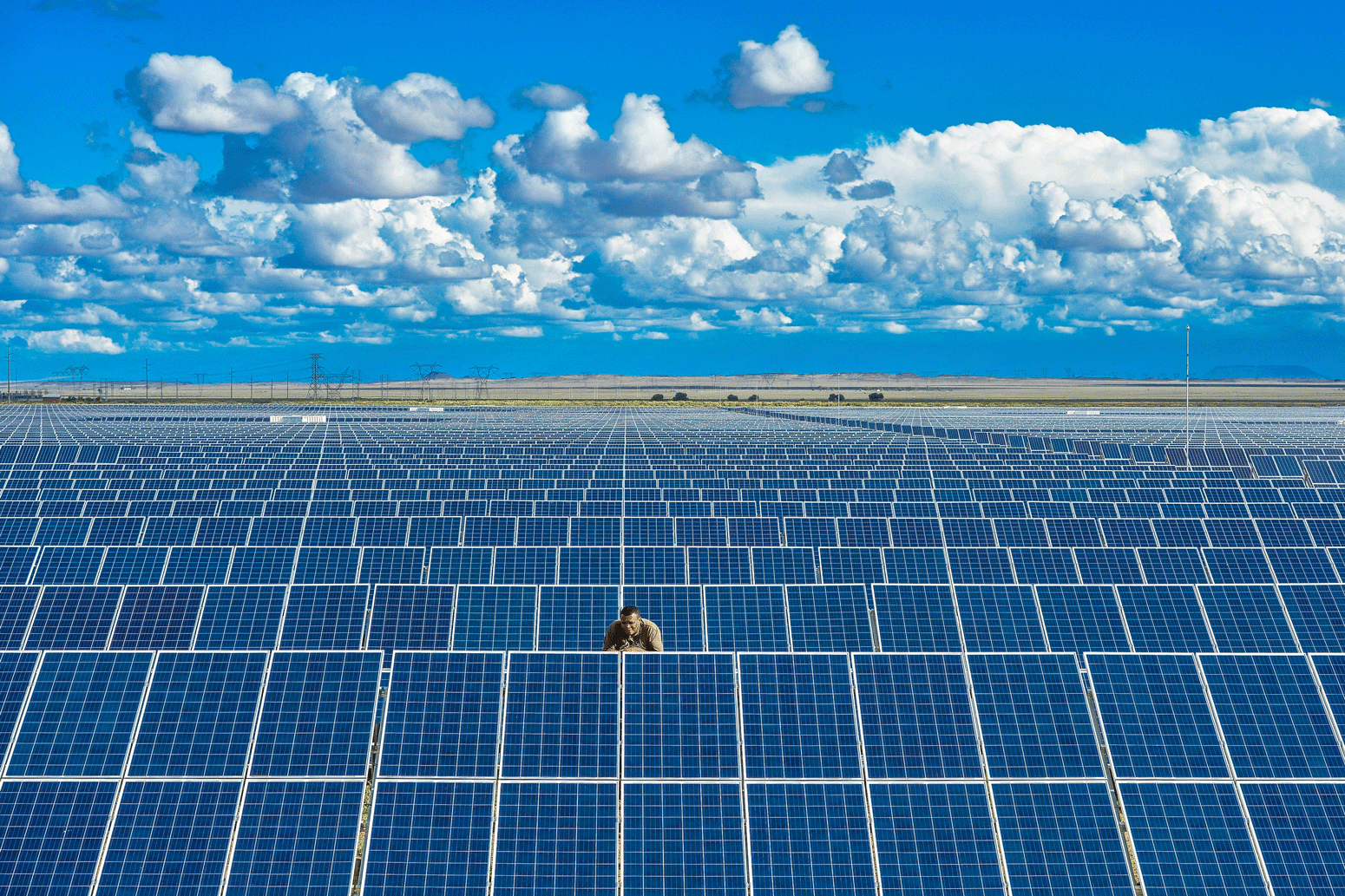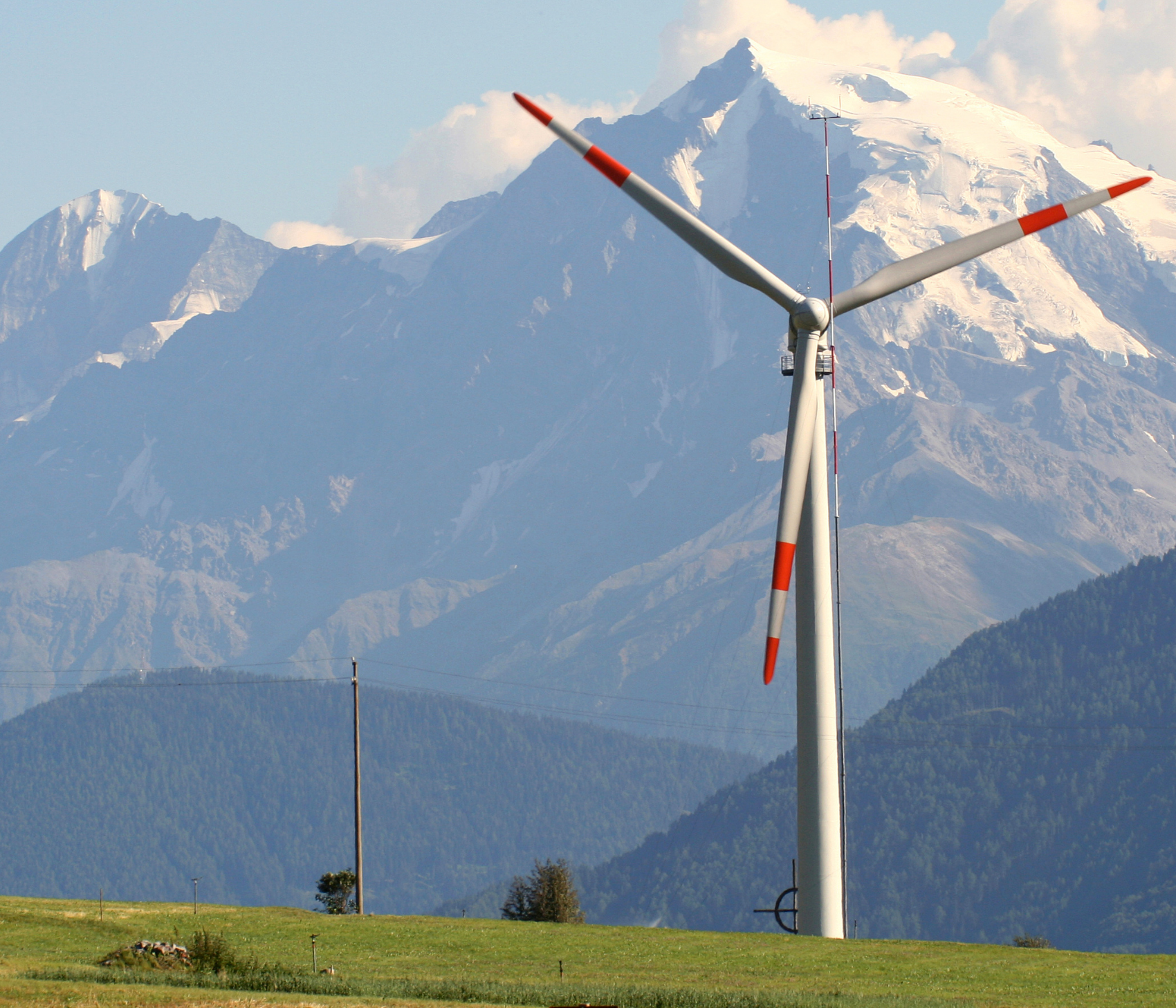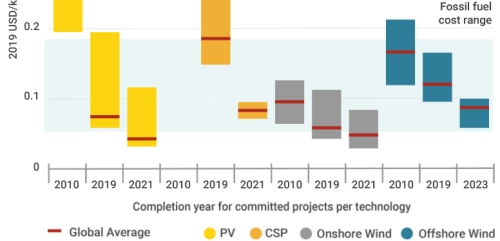- Joined
- Jan 25, 2012
- Messages
- 44,608
- Reaction score
- 14,469
- Location
- Texas
- Gender
- Male
- Political Leaning
- Conservative
Our infrastructure is not set up to handle pure hydrogen, it causes pipes to get brittle, which is notYou can produce a lot more electricity during summertime while any surplus can be used to produce hydrogen.
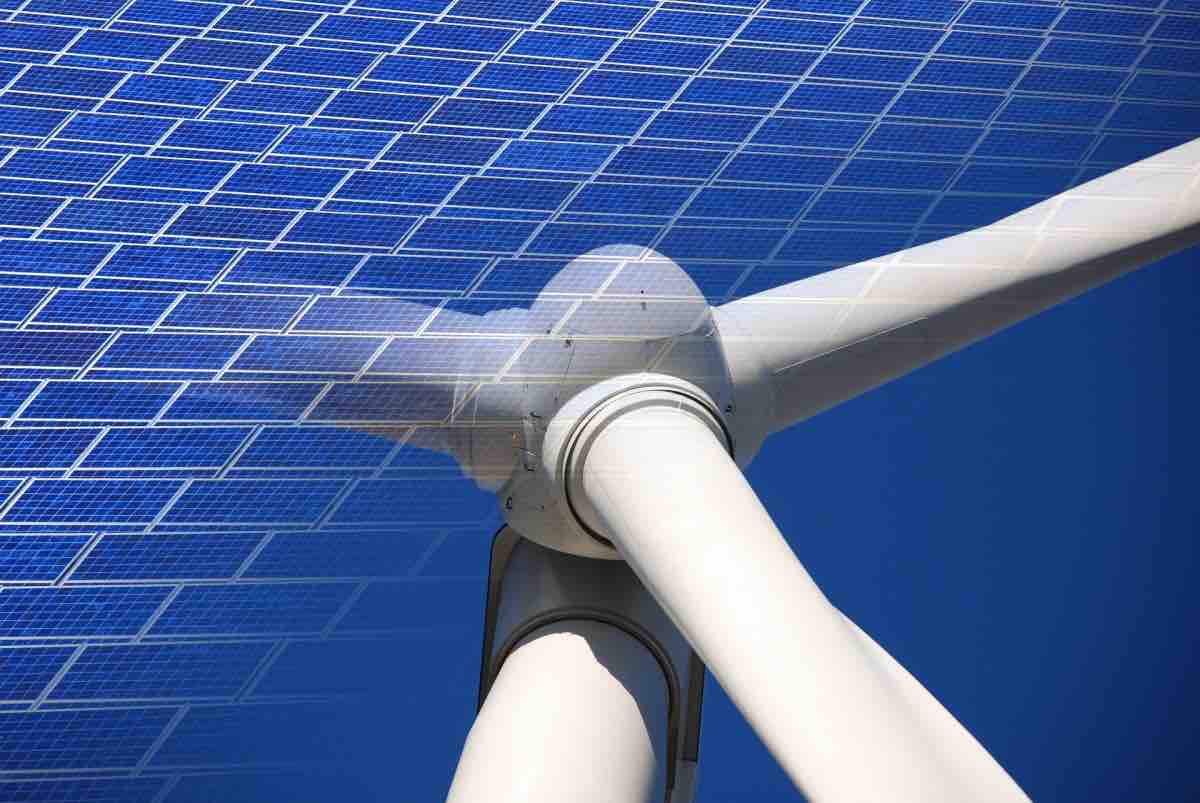
Pilbara green hydrogen project grows to 15GW wind and solar
Scale of huge Pilbara wind and solar project targeting “green hydrogen” grows to 15GW, with potential to generate equivalent of one fifth of Australia’s current electricity demand…reneweconomy.com.au
Another nail in coal's coffin? German steel furnace runs on renewable hydrogen in world first | RenewEconomy
reneweconomy-com-au.cdn.ampproject.org
a desirable thing is pipes carrying high pressure flammable gas.








